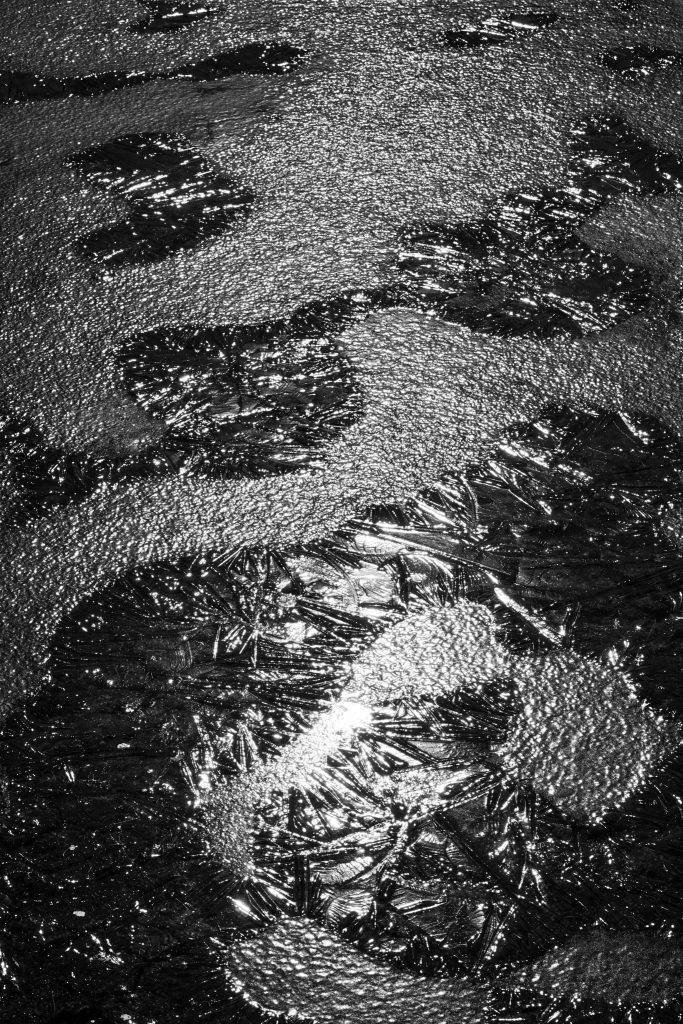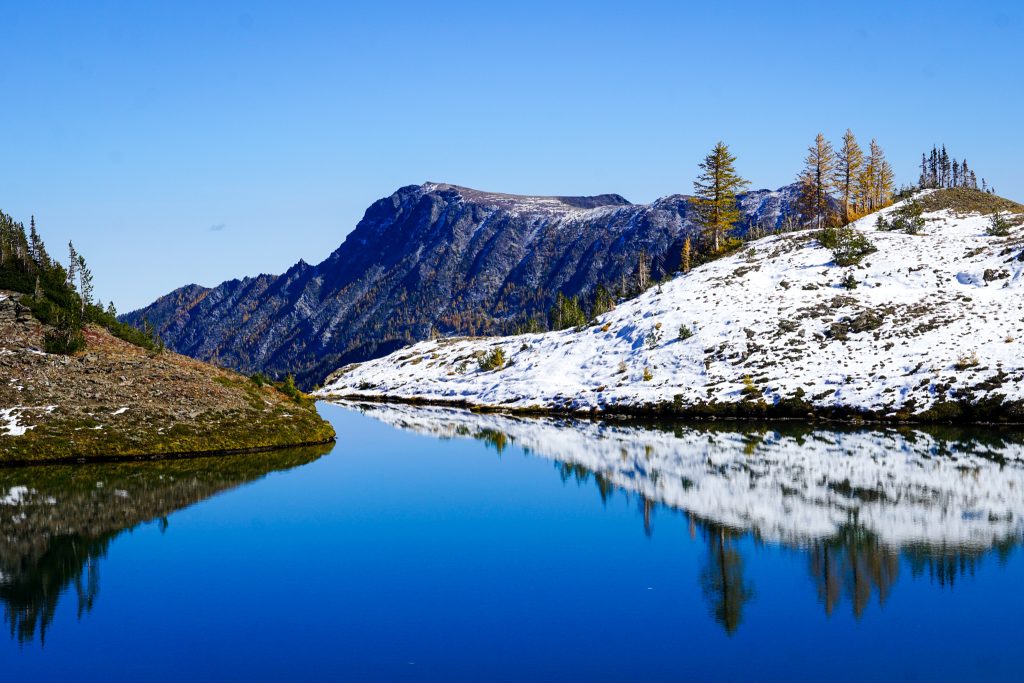Finally, the dark days of November have descended upon us. Outside, it is blowing and windy, with the constant patter of rain against the roof. There is not yet enough snow to ski, but too much to hike in the high country. The fall colors are fading into a muddy layer of leaves on the forest floor. In the Rockies, you might be ice climbing or skiing already. But here in the Pacific Northwest, it is the dreaded shoulder season.
When I started venturing into the mountains, prime season was really just a few months: June to August. By September, I was back in school and running cross country. As I began snow hiking and mountaineering, that window extended back into May, when the snow can be consolidated enough for some spring mountaineering. I would occasionally snowshoe in the winter, but the”mountain season” was still essentially a 4 month summer season.

This all changed with skiing. I started resort skiing all winter, and then backcountry skiing into June. The spring shoulder season has completely disappeared for me. When late winter powder conditions linger on high north aspects, spring skiing can already be found in the drier parts of the range. Wildflowers are blooming, climbing and trail running are beckoning, and spring transitions fluidly into summer. And once the fall colors are done, you might feel the urge to start the leg blasters in preparation of another ski season. There is always a next thing to do. Once you are inside of it, it can be hard to get out of the hamster wheel.
I like to tell people that there is always some activity that is prime in Washington, but you have to flexible with activity type and location. The abundance of diverse activities and climates nearby is astounding. But as the dreadful shoulder season gets smaller and smaller, I find myself finally appreciating it.

For many people, including me, shoulder season is a reminder to focus our attention away from the mountains. It is nature forcing us to focus on the other aspects of life. For even the most hard core mountain person, there is so much more to life – relationships, family, and careers. Without shoulder season, I wonder if people like me would ever be able to ever take their foot off the gas pedal. It is so easy to come back from one adventure, immediately thirsting for the high of another. But without any downtime, how are we able to crystallize these memories and reflect on these incredible experiences? Sleep is when neural connections are formed and muscles are repaired. In the same way, I feel like extended periods of rest are when memories are fully codified and spirits are revived.
In the past, I used to try to fight the lull of the autumn shoulder season – a late fall hunt for ice, a day at the dry tool crag, or a trip out to dry rock at Vantage. While there can still be fun shoulder season adventures, I no longer see shoulder season as a void that must be filled or outsmarted but rather a key part of the natural cycle and rhythm of my life. And while I see November as peak shoulder season, shoulder season can be any time; shoulder season is simply when you need to take a step back, do some reflection, and find balance in your life. In a culture that profits off of urgency and anxiety, I respect the people who can detach and fully embrace shoulder season. When we do come back, we will be wiser, restored, and more grateful.
To greater heights, to unforgettable sights.
The only way is up.

Well said Kyle!
Shall we call it: “Sleep-NO-STEEP November”?
I’m gonna be hanging in the flatlands this month!
well written. following you
Thank you!
Or… learn to whitewater kayak! That step allowed me to love the Northwest. Rain became a good thing that filled the rivers. High snow levels equals high river levels.
Alas, had to give up boating for medical reasons, so I am listening to your more philosophical solution. I really enjoy your posts.
Yeah I often thought if I got into whitewater then there’d never be a shoulder season, but that sport seems scary!
Yesss thank you for writing this! Don’t fight the fall, make soup!!
And knit!